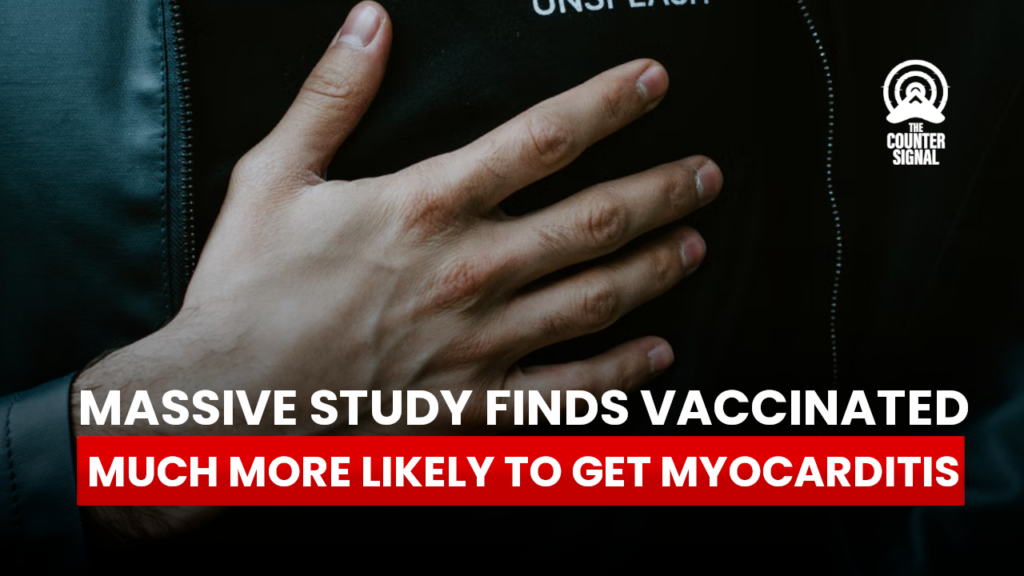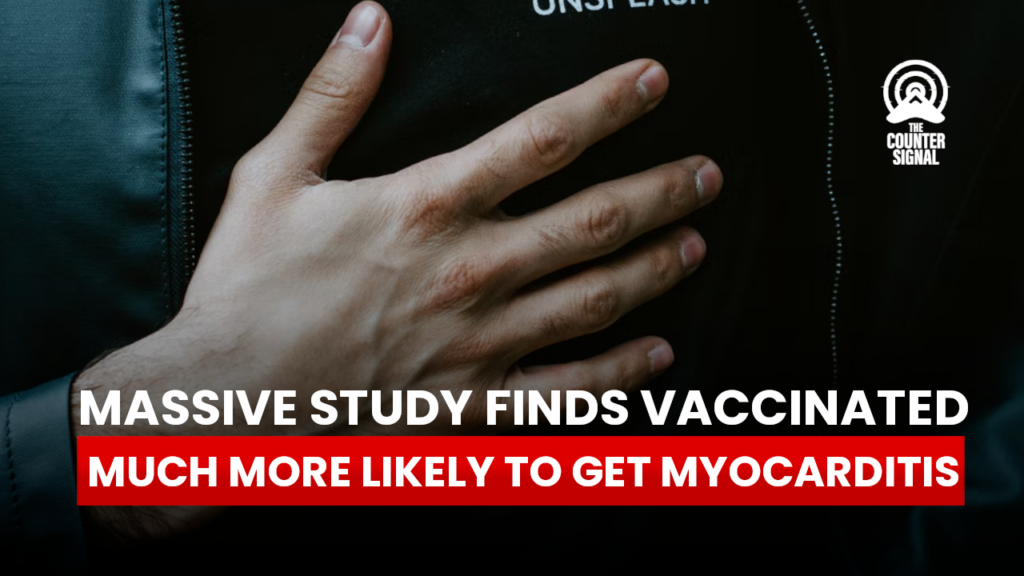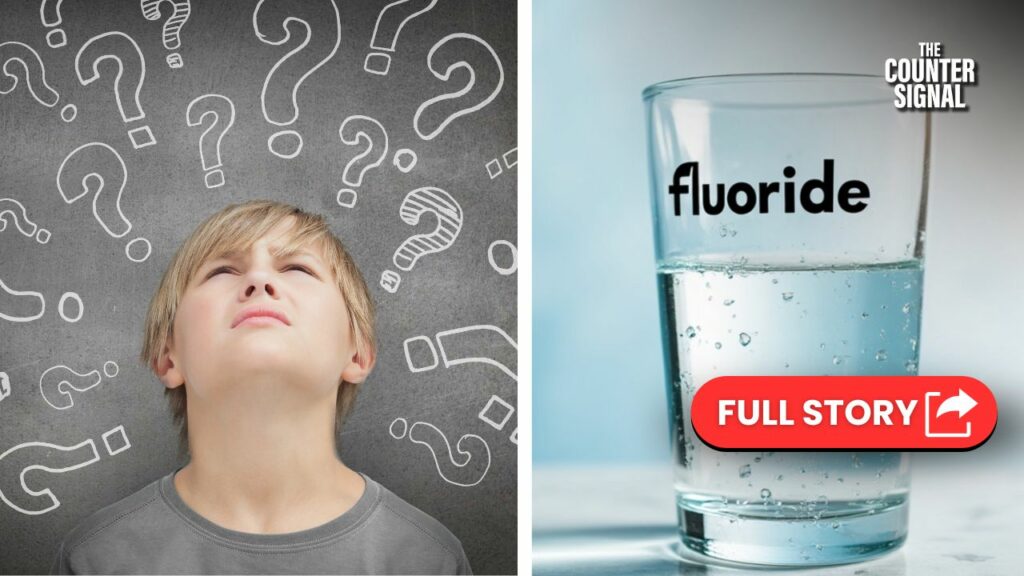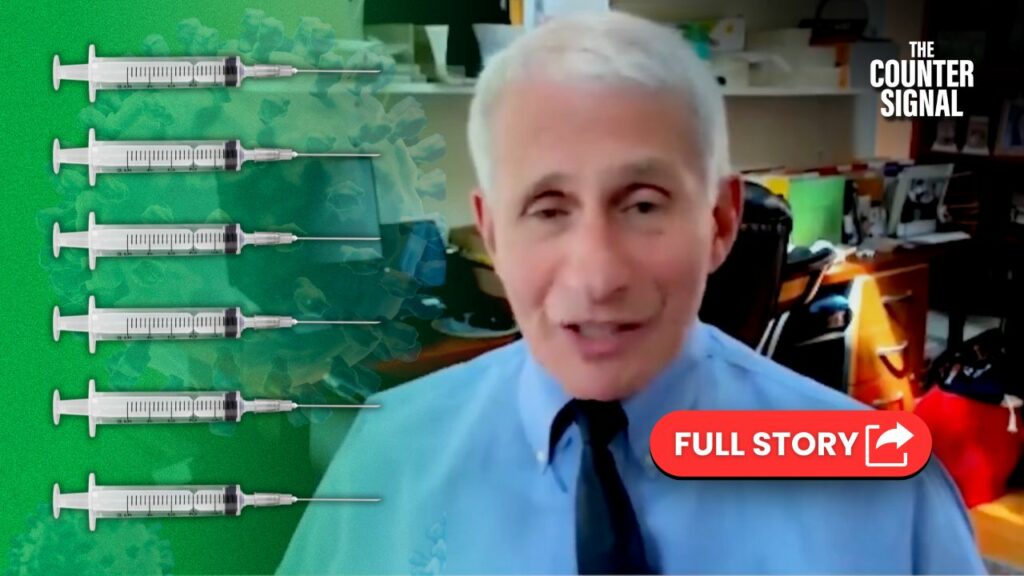A massive study of 23.1 million Nordic people found that mRNA vaccinations led to an increased risk of myocarditis or pericarditis, especially for young males.

Researchers published their findings in the Journal of the American Medical Association (JAMA) after reviewing roughly 23.1 million Nordic individuals from December 2020 to October 2021.
The study aimed “to evaluate the risks of myocarditis and pericarditis following SARS-CoV-2 vaccination by vaccine product, vaccination dose number, sex, and age.”
Massive Nordic study finds risk of post-vaccination
— Tracy Høeg, MD, PhD (@TracyBethHoeg) April 22, 2022
myo/pericarditis resulting in hospitalization in males 16-24 of 380/million (1/2600) post pfizer-moderna combination
This is 28x higher than the 13.7/million rate they found post-covid🧵https://t.co/oIhI5GcimH
Findings reveal that after the second injection of Pfizer, the 16-24 age group showed up to seven more excess events of myocarditis per capita than the unvaccinated group, while for Moderna, there were up to 28 more excess events per capita in the vaccinated group.
As per the researchers’ conclusions, “The risk of myocarditis was higher within 28 days of vaccination with both BNT162b2 and mRNA-1273 compared with being unvaccinated, and higher after the second dose of vaccine than the first dose. The risk was more pronounced after the second dose of mRNA-1273 than after the second dose of BNT162b2, and the risk was highest among males aged 16 to 24 years. Our data are compatible with 4 to 7 excess events within 28 days per 100 000 vaccinees after a second dose of BNT162b2, and 9 to 28 excess events within 28 days per 100 000 vaccinees after a second dose of mRNA-1273.”
In the discussion portion of the study, researchers say that there’s evidence that mRNA vaccines protect against severe COVID-19. However, they also say that there is “some evidence that the mRNA-1273 vaccine, possibly owing to its higher concentration of mRNA, is associated with increased immunogenicity and effectiveness. This more profound immune response could be one reason for the higher risk of myocarditis, but this hypothesis needs to be investigated further.”
The increased risk of myocarditis is just one of many side effects of the COVID vaccine that people are becoming aware of. Recently, vaccine-injured nurses also fought for tinnitus to be added to vaccine warning labels.










